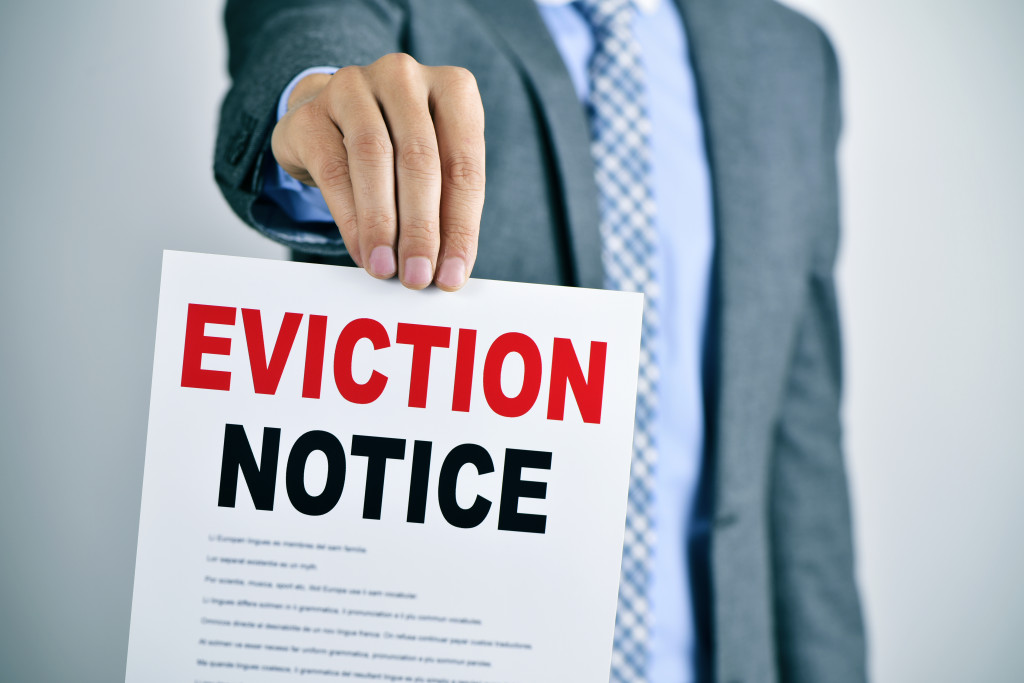- Tenants have specific rights that landlords must adhere to to avoid legal trouble.
- Knowing the laws and regulations related to tenant rights helps ensure a healthy landlord-tenant relationship.
- Violations of tenant rights can result in financial hardships, emotional distress, health and safety risks, and legal action.
- Fundamental tenant rights include the right to habitable living conditions and privacy.
- As a landlord, it is essential to understand and adhere to tenant rights to provide the best possible service.
Renting a property can be a great source of income. However, it comes with a lot of responsibilities. As a landlord, you must familiarize yourself with your tenants’ rights to ensure that you operate within acceptable legal norms.
Knowing these rights prevents you from getting into legal trouble and helps you have a healthy relationship with your tenants. This article will give you everything you need about tenant rights.
The Importance of Knowing Tenant Rights
Tenants have specific rights that cannot be violated. It knows the laws and regulations not only protect the tenant but also protect the landlord. Being familiar with the rules around security deposits, maintenance responsibilities, property access, eviction, and more enables landlords to operate their businesses ethically and professionally.
It also helps to avoid any legal issues and potential lawsuits that might arise. Ultimately, being informed and knowledgeable about tenant rights can lead to an excellent landlord-tenant relationship that benefits both parties.
What Happens When Tenant Rights Are Violated

When tenant rights are violated, it can lead to several potential consequences. For starters, tenants may be forced to leave their homes without proper notice or compensation. This can cause significant financial hardships and emotional distress, and disrupt their daily routine and personal relationships.
Additionally, tenants may experience health and safety risks if landlords do not promptly address maintenance or repair issues. In extreme cases, violations of tenant rights can result in legal action, with tenants seeking to hold their landlords accountable for any damages or losses incurred due to their actions.
What are the Basic Tenant Rights?
The specific tenant rights vary by jurisdiction, but some fundamental rights generally apply to all tenants. These include the following:
Right to Habitable Living Conditions
The Law requires that landlords provide a safe, healthy, and livable space for their tenants. This means the property must be free of mold, pests, and structural issues. As a landlord, it’s your legal responsibility to ensure that the living space meets the local housing code.
In the UK, landlords must inspect the electrical systems and obtain an EPC or energy performance certificate. This can be done by visiting energyperformancecertificates.co.uk. By getting a diploma, landlords have the assurance that their property meets governmental standards and that their properties are safe and comfortable for tenants.
Right to Privacy
Renters are entitled to privacy and the peaceful use of their renting space. As a landlord, you must respect your tenants’ privacy and not harass them with unannounced visits. You must also protect your tenants’ data and avoid sharing it with third parties without their consent. By respecting this right, you build trust and make it easier to deal with any issues that might arise between you and your tenants.
Right to Reasonable Notice

Before entering a tenant’s rented property, you must give them reasonable notice. Reasonable notice refers to the time you give a tenant before you enter the rented space for inspection, repairs, or any other reason. In most states, landlords must provide at least 24 hours notice before entering a tenant’s home. However, this can differ depending on state laws.
Right to Non-Discrimination
As a landlord, you cannot discriminate against a tenant based on race, gender, religion, or any other status protected under the law. This means you cannot deny someone the opportunity to rent your property based on their level. If you violate this right, you could be sued for damages and ordered to pay fines. It’s important to be neutral and treat every tenant reasonably regardless of their status.
Right to Fair Housing
Every tenant has a right to fair housing. This means that landlords must provide all tenants equal housing opportunities without discriminating against them. Fair housing covers many issues, including access to amenities, security, and the right to complain without fear of retaliation. By providing fair housing, you’re protecting your tenants’ rights and creating a conducive environment for them to thrive.
The Bottom Line
In conclusion, understanding tenant rights is a fundamental requirement for any landlord. It helps you avoid legal problems and creates a healthy relationship between you and your tenants. This post highlighted some critical tenant rights, including; the right to habitable living conditions, privacy, reasonable notice, non-discrimination, and fair housing. As a landlord, you must adhere to these rights and provide your tenants with the best possible service.
